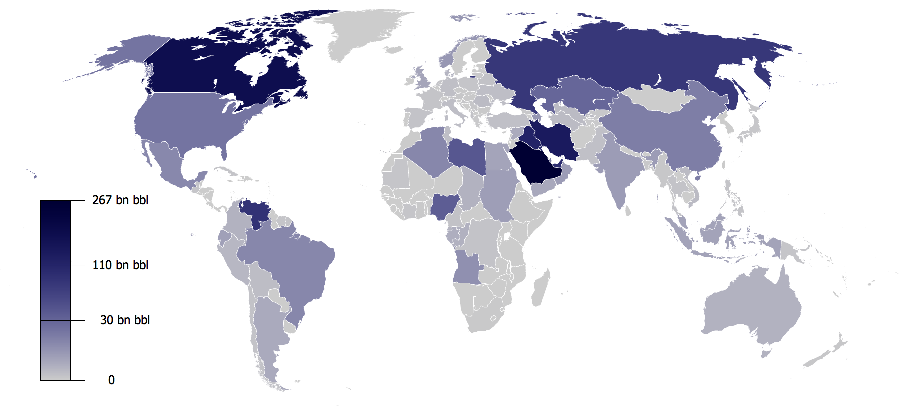
QIA calls for review of oil and gas development
Nunavut Inuit org says Qikiqtani needs big review of oil and gas development
“Not enough known” about impacts to marine wildlife
PETER VARGA
The potential oil and gas reserves in Baffin Bay and other Qikiqtani region waters may be huge, but Inuit of the region are not ready to support their exploration and production until they know more about the effect such projects will have on their communities.
With that, the Qikiqtani Inuit Association resolved at its annual general meeting that its 13 member communities of eastern Nunavut need more information on oil and gas development in the region before they can support such projects.
Some 20 per cent of Canada’s potential oil and gas reserves are thought to lie in Canadian waters off the east and north coasts of Baffin Island, according to Bernie MacIsaac, the director of lands and resources for QIA.
“That 20 per cent represents $2 trillion dollars, and that’s huge,” MacIsaac told QIA board members on the final day of the association’s AGM, Oct. 11.
MacIsaac told board members that Canada’s National Energy Board has long assumed that communities of the region support exploration and development in the area.
But opposition to seismic testing in the region’s waters says otherwise, MacIsaac said.
“Not enough is known about what the impact to marine mammals and wildlife might be in that particular survey,” he said.
This, and lack of answers to questions about possible environmental hazards add up to “non-support” for the project so far.
“People don’t really know what the benefits might be to Inuit in the communities,” he said.
Seven QIA member communities on Baffin Island oppose seismic testing, MacIsaac said, because they fear this will affect wildlife populations — which they rely on for food and fisheries industries.
Board representatives from each of the association’s member communities confirmed those concerns at the annual meeting.
Many said they lacked information on the effect that seismic testing, which involves the use of sound to survey the sea floor, would have on whales and other marine animals.
Simon Nattaq, community director for Iqaluit, said proponents claim current seismic testing technology has no effect on marine animals, although community members believe otherwise.
Other directors pointed out safety concerns, such as the effect of oil spills, and questioned what effect oil and gas development in Greenland, across Baffin Bay, might have on animals that migrate into Canadian waters.
The QIA has consistently pushed the National Energy Board to better inform the communities, “but they haven’t got all the answer to everybody’s satisfaction,” MacIsaac said.
“A seismic survey leads to drilling, and drilling leads to production. So it’s the start of a chain, and we’ve got to deal with it now, before this snowball starts rolling down a hill and we end up with a situation where communities have to react to it as opposed to being involved,” he told board members.
As part of its new policy on oil and gas development in the Qikiqtani region, QIA’s department of lands and resources would call for the federal government to conduct a “strategic environmental assessment” of such projects in Baffin Bay, MacIsaac said.
“This would examine all the issues related to development, and establish what conditions have to be in place before oil and gas (development) takes place,” he said.
“That’s the guts of what we’re working on. That nothing take place until these issues have been dealt with and examined.”
COMMENTS from Nunatsiaq Online
#1. Posted by snapshot on October 16, 2013
lets wait till technology gets better, then we’ll get our shares of the trillion dollars.
#2. Posted by yes! on October 16, 2013
Finally, some sense in this situation.
With Mary River opening up, there’s literally no need for oil/gas development on baffin. The region has nothing to gain and everything to lose from it.
QIA and NTI should oppose it, out of principle.
#3. Posted by concern inuk on October 16, 2013
Stop being childlish you same old style towards white people. Show some more respect to corporate aspirations. Seismic survey are not killing marine mammals because you don’t see them floating near survey sites. This is all too familar towards white people and to any business that want to do without any tricks from DIO. I know my Community Director who is completely racists and makes it harder for local employee if he does not like him/her. These personal attacks has to end on super Inuit who little or have no respect with Charter of Rights and Freedoms to another individual or corporation.
#4. Posted by uncertain on October 16, 2013
There are still a lot of unanswered questions that NEB themselves have no knowledge about as staff members keep deferring their questions to a later date…this may drag on for years but we have to be ready for anything.
#5. Posted by The Arctic is the last global energy reserve... on October 16, 2013
Number 1, Norway has been doing offshore drilling in arctic waters for over 20 years - the technology and know how already exists. I’m not pro-drilling by any means, but critics of it always seem to conveniently forget that one arctic nation has been doing it for a while now.
#6. Posted by pros and cons on October 16, 2013
Better deal with it quick before somebody else such as the almighty American government taps into the oil reserves we have here in Nunavut. Don’t get me wrong because I too hunt and fish periodically when I have the time. Either way someone will want the piece of the pie.
#7. Posted by no... on October 16, 2013
#6—there is no way the USA can lay claims to minerals off Baffin Island
















